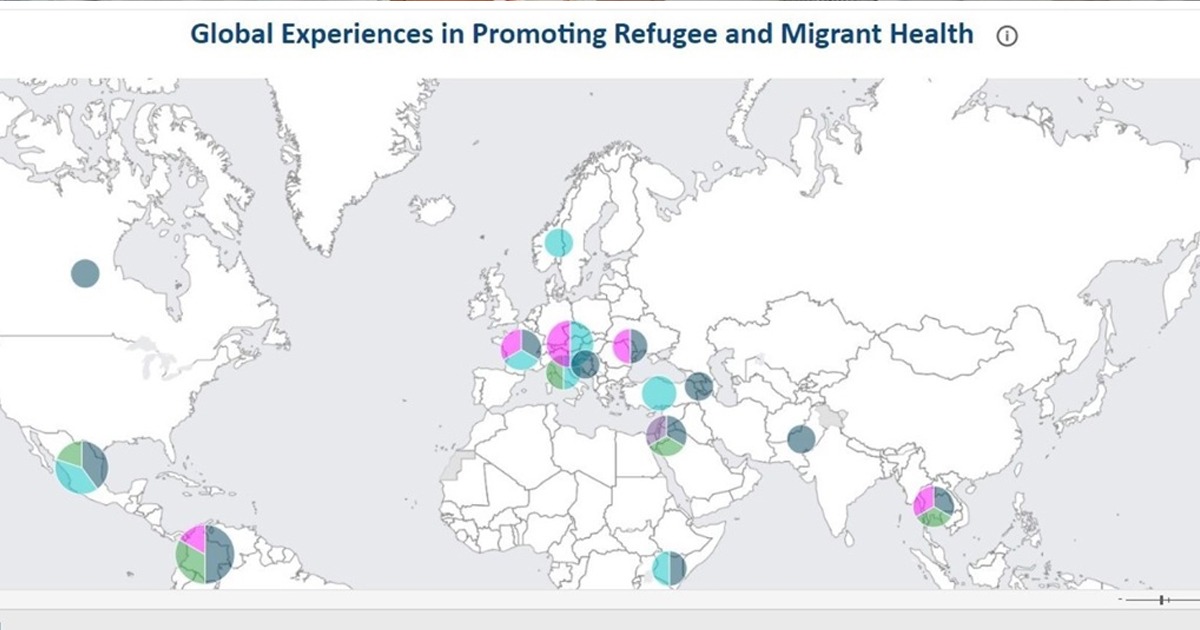Scientists at the University of Utah developed an Artificial Intelligence (AI) model that could predict the development and complications of patients with cardiovascular problems.
The model was described in a study published in the first issue of the online scientific journal PLOS Digital Health, under the title: An Explainable Artificial Intelligence Approach to Predict Cardiovascular Outcomes Using Electronic Health Records.
The study proposes a new method to identify comorbidities in an automated and scalable way called Poisson Binomial Based Comorbidity Discovery (PBC). The method consisted of the analysis of the electronic medical record (EHR) of more than 1.6 million patients from the University of Utah and the Intermountain Primary Children's Hospital.
EHR information included data on comorbid diagnoses, procedures, and medications. These data were classified and focused on key areas of cardiovascular health, such as heart transplantation, sinoatrial node dysfunction and various forms of congenital heart disease, which resulted in a "multimorbidity network", which through a combination of variables determined the risk of suffering from a heart condition.

In the adult population, the study found that people with a previous diagnosis of cardiomyopathy had an 86 higher risk of needing a heart transplant than people who did not have the condition. The study also showed that people with viral myocarditis had a 60-fold increased risk of needing a heart transplant.
On the other hand, regarding the use of medications, the researchers determined that milrinone, a drug for the treatment of heart failure multiplied by 175 the risk of transplantation. Josh Bonkowsky, director of Intermountain Primary Children's Hospital, explained: "This new technology shows that we can accurately estimate the risk of medical complications and even determine which medications are best for individual patients."
"The ability to transform huge EHR collections into compact, portable tools without protected health information solves many of the legal, technological, and data science challenges associated with large-scale EHR analytics," the study explains.
The study authors for their part explained that a comprehensive approach like this can help a specialist in the prevention and treatment of serious heart problems. Even though the study focused only on cardiovascular diseases, the researchers explained that the model can be replicated in other areas of medicine and predict the risk of cancer, thyroid surgery, diabetes, for example.
"We can use AI to help refine the risk of virtually all medical diagnoses," explained Martin Tristani-Firouzi, one of the study's authors.
Check the full study at the following link:
https://journals.plos.org/digitalhealth/article?id=10.1371/journal.pdig.0000004





